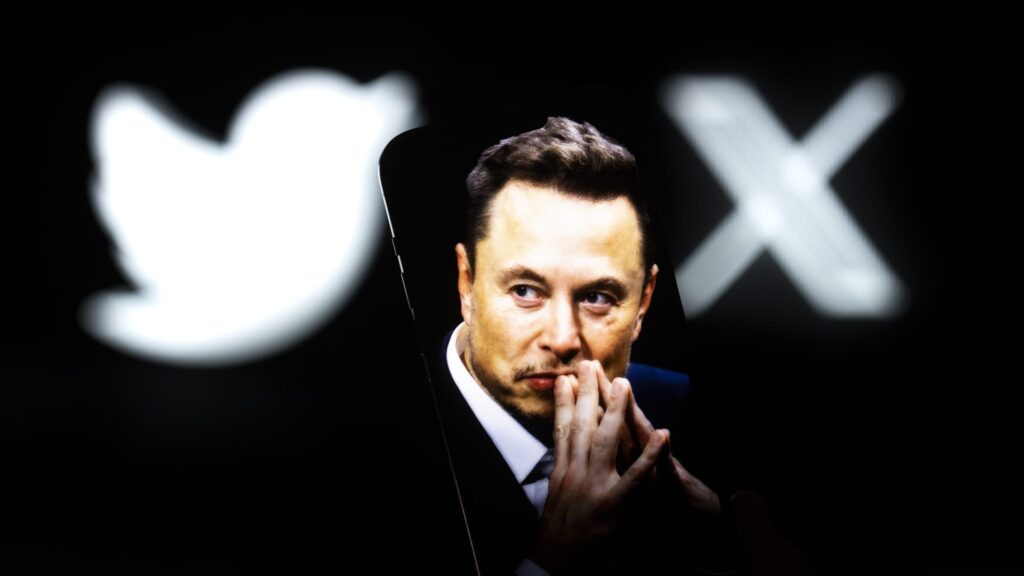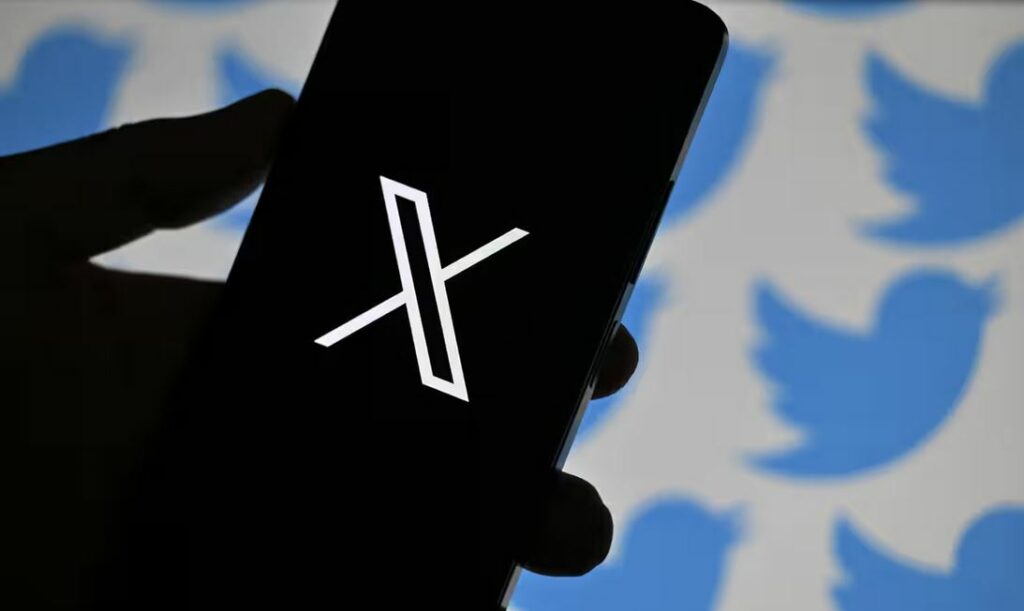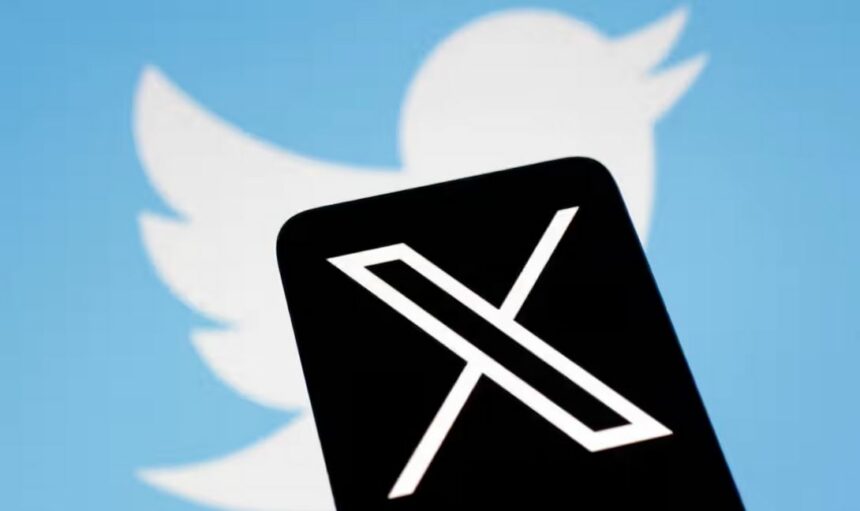X, previously recognized as Twitter, has opted to eliminate headlines from links shared on the platform, a decision influenced by owner Elon Musk’s belief that it would enhance the visual appeal of posts. Now, when links are posted on Twitter, they are displayed as an image extracted from the article, accompanied by text in the image’s left-hand corner identifying the link’s domain. To access the linked page, users must click on the image, with the appearance of the image being only slightly distinct from how regular images are presented on the site.

This alteration was implemented for iOS and desktop users on Wednesday, although it appears not to apply to promotional links. The decision to remove headlines has been in the works since August. After Forbes reported on the planned change, Musk personally confirmed it via a tweet, stating, “This is coming from me directly. Will greatly improve the esthetics.”
Since Elon Musk’s takeover nearly a year ago, X has become less welcoming to news organizations. While it was never a significant source of traffic for many news websites, the platform was commonly used by media organizations and journalists for news sharing and gathering. However, reports suggest that traffic from Twitter has dwindled since the takeover. In recent months, both NPR and the Australian Broadcasting Corporation (ABC) have scaled back their usage of the platform.
The ABC attributed its decision to reduce usage to toxic interactions on X and better engagement on other platforms. In response, Musk accused the organization of censorship. In August, X briefly implemented a five-second delay when loading links to news sites and competitors like Reuters, the New York Times, Instagram, and Blue Sky.

This week, Musk revealed that he “almost never reads legacy news anymore” and asserted that the X algorithm is designed to discourage users from leaving the platform by prioritizing links. The Financial Times reported last week that X’s CEO, Linda Yaccarino, is planning to meet with the banks that financed Musk’s $13 billion purchase of Twitter last year to outline the strategy for revitalizing the company after advertisers withdrew from the service.
In the previous month, Musk had threatened to sue the Anti-Defamation League (ADL) over lost revenue, alleging that advertisers were pressured to withdraw ads by the U.S. civil rights group, which he claimed was attempting to shut down his company by falsely accusing it and him of being antisemitic. In response, the ADL issued a statement on Wednesday, reaffirming its research findings that X and other platforms have significant issues with antisemitism and extremism. However, the ADL acknowledged X’s “stated intent over the last few weeks to address antisemitism and hate on the platform.”
The ADL refuted the allegation that it “somehow orchestrated a boycott of X or caused billions of dollars of losses to the company or is ‘pulling the strings’ for other advertisers,” deeming it false. Musk responded by thanking the ADL for clarifying its stance on advertising on X and for advertising on the platform.








